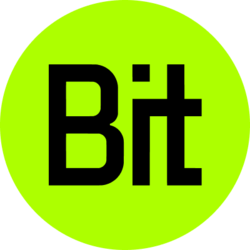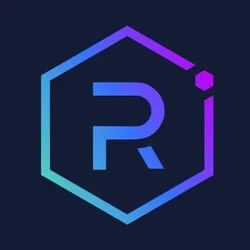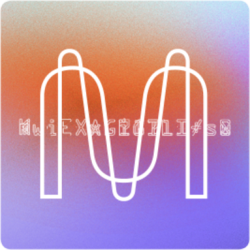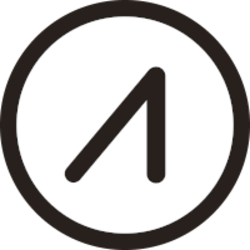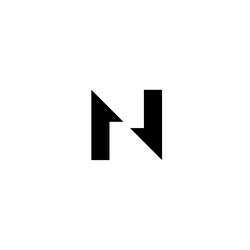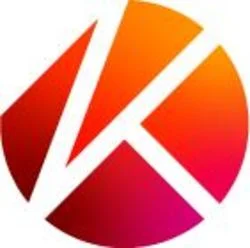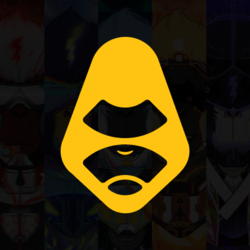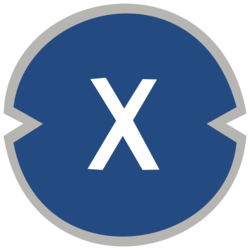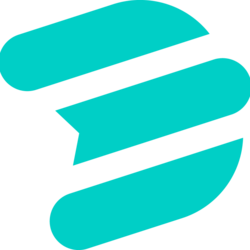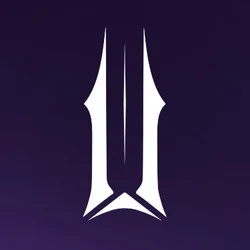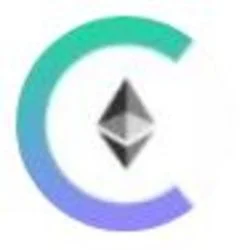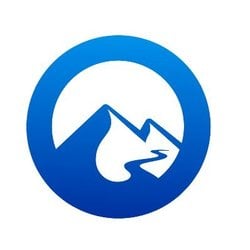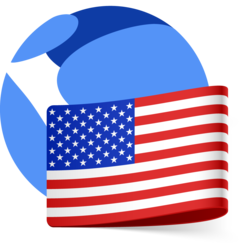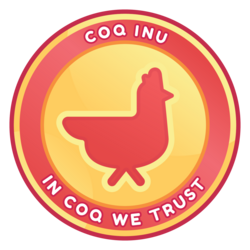Recently, Mastercard selected five firms to participate in its Start Path program. This initiative promotes innovation in blockchain technology and the utilization of digital assets.
These firms will investigate novel techniques to employ funds in order to address real-world problems, enhance user interactions, and broaden the scope of blockchain technology’s applicability as part of the creative program that Mastercard is implementing.
Mastercard Highlights Its Extensive Knowledge in Global Payments
The capacity of Mastercard to integrate regulated funds, bank deposits, stablecoins, and central bank digital currencies (CBDCs) with developing enterprises was highlighted during the presentation of the company’s competence in the construction of a global payments network. The program’s objective is to encourage the development of technologically advanced solutions that improve the user experience in the realm of digital commerce.
Mastercard’s Start Path program aims to take advantage of blockchain technology’s unique characteristics. The initiative will investigate and develop novel use cases that address significant societal concerns by forming relationships with experienced industry professionals and startups in the financial technology sector.
For the duration of the Start Path program, selected businesses will have the opportunity to receive unique training, mentorship, and access to Mastercard’s enormous network of clients and channels. This opportunity will be available for four months.
“Since its establishment in 2014, Mastercard has assisted over 400 startups hailing from 54 different countries,” according to the press statement released today.
Kulipa, a company headquartered in France that permits the creation of cryptocurrency payment cards for digital wallets, happened to be one of the selected startups. Parfin, a business based in the United Kingdom that specializes in the development of high-quality software solutions to assist financial institutions in integrating blockchain technology, is another representative that has been chosen to participate.
A company called Peaq, which has its headquarters in Singapore, has been chosen to participate in the program. Peaq possesses a cutting-edge digital infrastructure that enables its users to use it in a variety of real-world applications without any restrictions or interruptions.
Triangle, a company out of the United States, places a significant emphasis on being environmentally responsible. As part of its efforts to encourage ecologically accountable behaviors, they have developed a data platform that integrates climate data with financial information. Another startup company, Venly, is based in Belgium and specializes in simplifying the process of integrating blockchain technology for corporate entities and software developers. These two forward-thinking businesses have been selected to take part in the program that is being offered.
The founder of Kujipa, Axel Cateland, offered his hopeful outlook on the possibility of achieving widespread cryptocurrency adoption and increasing financial inclusion by facilitating seamless global stablecoin transactions. Cateland shared his insights on the program with the audience.
An Effective and Successful Live Test of the Multi-Token Network by Mastercard
According to a recent release, Mastercard’s Multi-Token Network (MTN) has completed its first accurate testing with Standard Chartered Bank Hong Kong (SCBHK). Within the Fintech Supervisory Sandbox of the HKMA, the pilot project demonstrated the innovative use of blockchain technology in the financial services sector by tokenizing carbon credits. The pilot project was instrumental in achieving this.
When the pilot was being conducted, a customer of Mox Bank, which is a virtual bank owned and operated by SCBHK, initiated the process by making a deposit into Mox and requesting a carbon credit.
After some time had passed, Mox instructed SCBHK to tokenize the carbon credit by utilizing Libeara, a tokenization service provider introduced by SC Ventures, a venture capital arm of Standard Chartered. MTN tokenized the deposit, and an atomic swap was used to facilitate a seamless transaction across various blockchains.
In June 2023, Mastercard introduced the MTN, which used the blockchain technology it had developed exclusively. Earlier iterations of the MTN were conducted in collaboration with the Reserve Bank of Australia, using enveloped central bank digital currency (CBDC) and the Hong Kong Monetary Authority’s e-HKD CBDC.
The experiments demonstrated the potential of these technologies to revitalize financial transactions despite the fact that these CBDCs still need to be utilized.









































